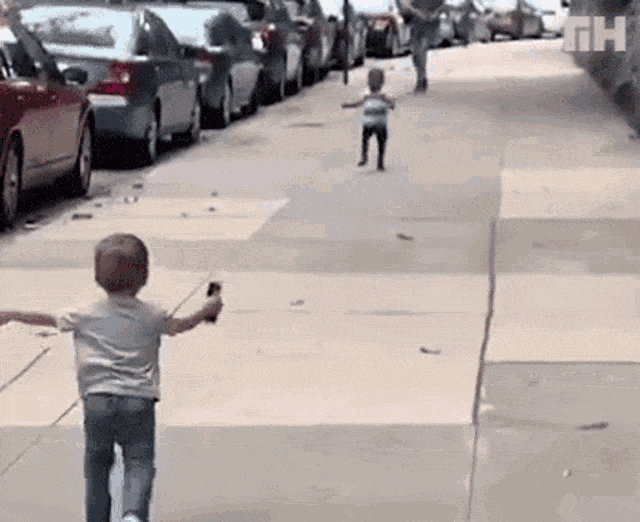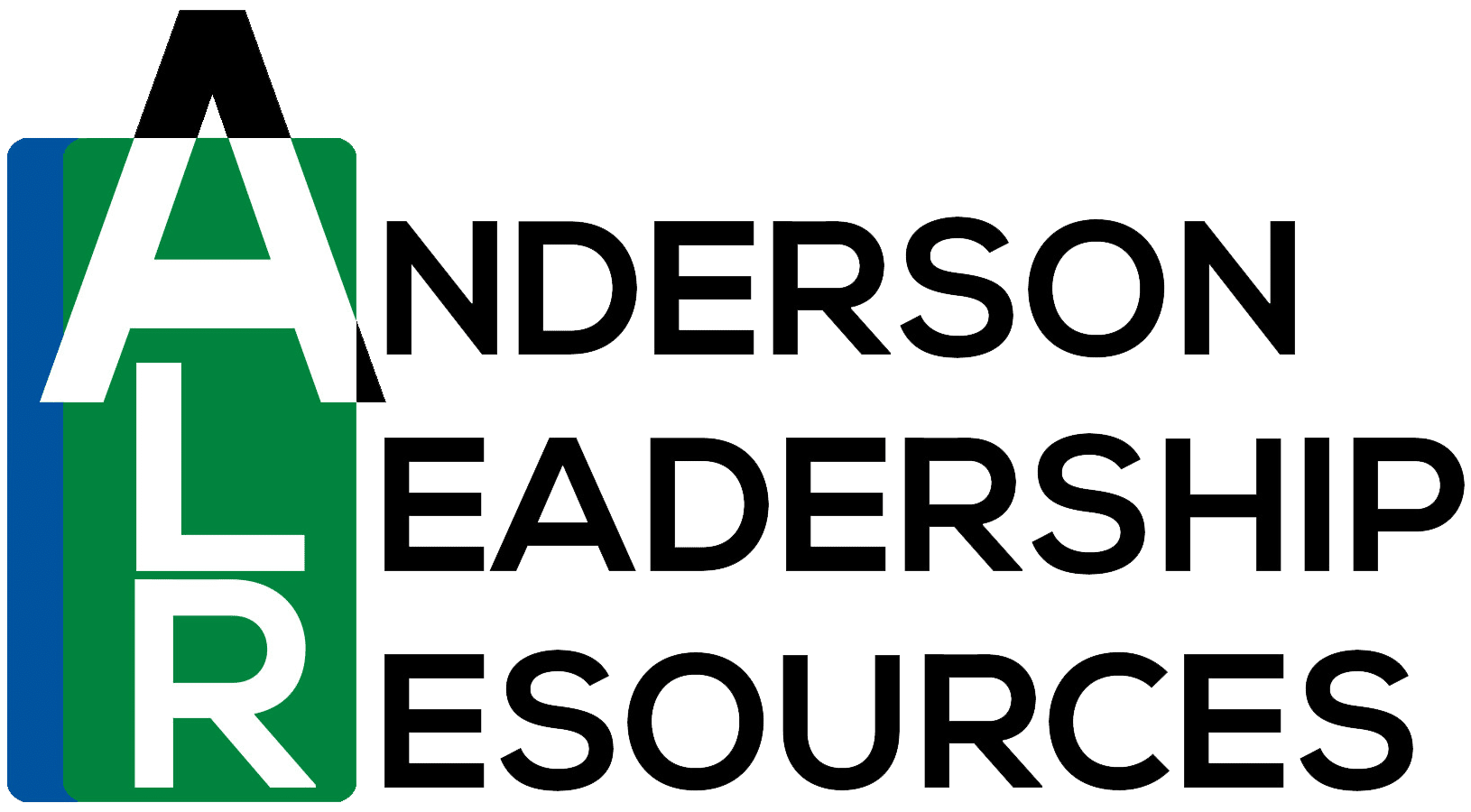That may seem like an obvious statement. When we are with friends, we feel positive emotions such as acceptance, safety, and a sense of being known. Our brains release chemicals such as oxytocin, dopamine, and epinephrine that make us feel happy. When things are not going well with those closest to us, or we are with strangers, we usually experience higher levels of anxiety and fear, and a host of damaging chemicals are released in our brains.

Actually, the process of brain development based on relational safety and needs begins as soon as we are born. The love and affection that we receive, or don’t receive from our parents and those we come in contact with affect the development of our brain. Researchers found that babies in an attentive, loving environment show the healthiest brain growth and function.
These two are off to a great start!

Well, if you are reading this, you are no longer an infant and in some ways, the damage is already done. Let’s face it, we were all raised by imperfect parents, and we will be imperfect parents. Therefore, you could say that we all have “brain damage” – or at least our brains are not in prime condition.
Here’s the good news – just like getting in physical shape, we can train our brains and get in top emotional and brain functioning shape.
Neurologists have proven and documented what the ancients said thousands of years ago – our brains can be changed and renewed! This is amazing. It is called “neuroplasticity.”
The way we can tap into our neuroplasticity and grow healthier brains is through healthy relationships. When we have friends who really know us and are for us we can take the shameful, wrong, and broken things in our life to them and receive grace and truth. Over time our brains are healed from the toxic shame statements we typically receive from the world and from ourselves. Our inner judge becomes less harsh and our brains get healthier. We even have the ability to overcome self-destructive thought patterns and habits.
To create more constructive conversations, let your listener know what you need. For example, if you go to someone with something you feel is shameful, or a personal fault/failure you might say, “I need to tell you something I did that I am not proud of. If you can just accept me and not condemn, judge or fix me, that would be great.” Maybe you want to talk about a traumatic event from the past or an injustice at work. Ask that person to not judge you for being angry and venting, or even crying.
For more information about this topic I highly recommend the book Daring Greatly by researcher Brene Brown. For more information on relational needs, check-out Dr. John Townsend’s book People Fuel.
Remember, hurt people hurt people and we are all hurt. Well, it’s time to stop hurting people. Effective leaders get healthy and address past hurts through their life-giving relationships and taking care of their emotional needs. In doing so they can lead from a position of strength and not woundedness.
Who are the people who are for you? Do you have friends who you can reach out to when you mess up or are struggling? Friends who won’t fix you, but will be with you and for you? Download my free Power Bank exercise and gather names of people who are for you. You will also discover other ways to energize and care for yourself.



